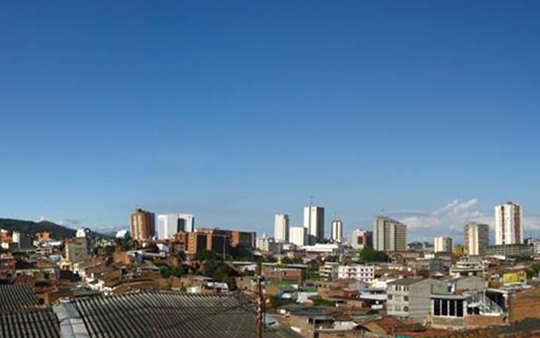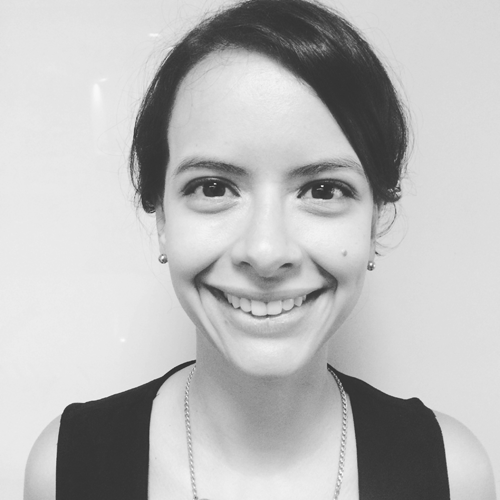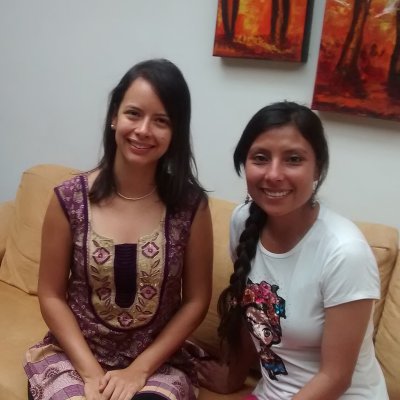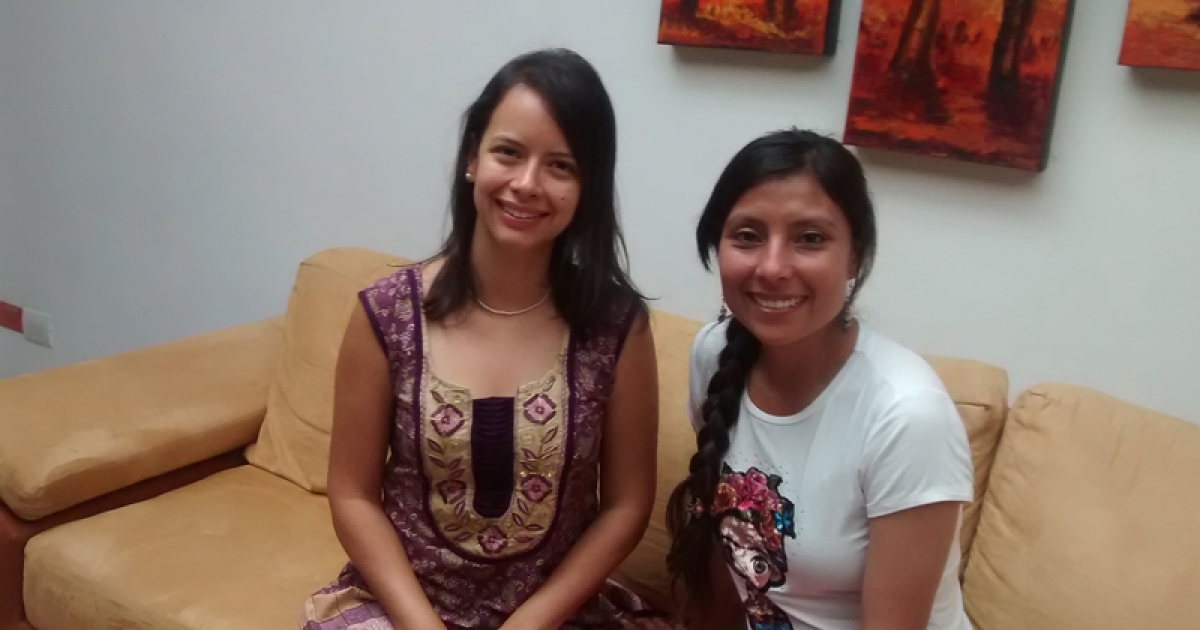“We Need a Respectful Relationship Between People and Nature”
Lina is from Colombia. As an Economist, Lina believes that it is necessary to democratize environmental services in order to make urbanization processes economically sustainable. Hence, she founded Siembra Urbana (Urban Seeds) to channel solutions for the social and environmental issues of her city through the provision of consultancy services. Her venture aims to align the interests of the key stakeholders that interact in shaping the urban environment, such as construction companies, government agencies and local communities, in order to enable a more respectful relationship between nature and the citizens, and assure that environmental services are equally accessible to the poor and the rich in the city. Lina Rengifo's mentor is Joan Wucher King.
Q: Tell us a few things about your country, and also your life's story!
A: Located near the Pacific coast of Colombia, at the base of a complex mountain cluster in the West Andes, Cali is a worldwide Meca for bird-watching. Growing up in a city surrounded by natural exuberance, and at the same time complex socio-economic inequality dynamics, made aware of how social well-being depends upon our relationship with nature. Later on, as an Economics student, I was taught more evidence about how, the real economy
depends upon natural resources, and how, in a hyper transactional world, we tend to forget about the real economy.
Hoping to challenge this situation, I focused my major degree on Environmental Economics and I’m currently centring my life as a professional to take action upon it through my venture, Siembra Urbana. In my vision, people in Colombia are increasingly aware of the importance of environmental sustainability, however, we lack knowledge about the mechanisms to achieve it. Siembra Urbana aims to align the interests of the key stakeholders that interact in shaping the urban environment, such as construction companies, government agencies and local communities, in order to enable the city’s sustainability.
For example, during Siembra Urbana’s first contract to deliver a landscape design for a construction company, the team identified that although the construction company wanted to comply and contribute to the restoration of the site, it lacked knowledge about the species of trees that could be used for it. By taking into account the economic viability of the project (time, cost and labour required), a list of tree species was proposed. The list included the Xylopialigustrifolia, commonly known as Burilico, a threatened species endemic to the zone. Currently, Siembra Urbana is advising the community that habits nearby the Pance River, the last river that streams with clean water through the city, to create comprehensive ecotourism project that enables its conservation.
Q: What is your view of the world as it is today? And how do you define the concept of a better world?
A: My view of the world we live today, is a world where young people are deciding to change it by creating new ways of exchange in the prevailing capitalist system. Young people are becoming aware of the fact that choices as consumers and producers impact the world on a large scale. A better world is that in which we have a better chance of consuming less of what we don't need, and being happy with what we do have: our bodies, our mind, our spirit and the people and nature around us.
that flow through the city, the Pance River, remains with good quality water. Such worry must be translated into action. In order to assure water supply and quality, the stakeholders that interact in the use, management and conservation of hydrological resources must be aligned to market-based principles. At the same time, great efforts must be made so that the governance structure for these resources effectively control their use. But perhaps, the greatest challenge of all is to make citizens aware of their power to change our society. We have democratic tools to raise up our voices to demand the proper use of public resources to assure our water supply. At the same time, we can protest through the choices we make as consumers. Our cultural beliefs must change: we must place a value on environmental services.
Q: As a young individual what are a few of the hurdles that you had to overcome up until today?
A: The main hurdle that I have had to overcome until today is that of believing in myself.
Q: Why is the role of a mentor important for you?
A: A mentor is someone willing to give light, a guiding voice, in the path of empowering myself to have meaningful conversations with others. A mentor not only has the experience but also, the disposition to teach those matters of life that are not commonly taught in mainstream academia. At the end, it is those things, especially, those about how we relate with others and with ourselves, that brings success to projects, happiness to one’s life and to the lives of those who surround us.

Q: Do you have a lesson that life has taught you and you would like to share?
A: Stop the quest, you already have a life.
Q: Name a project, a foundation or a person in your country that you think is doing great work in helping improve other people's lives!
A: BanCO2.
Q: Share with us a phrase, a poem or a story that you love or you find interesting!
A: My favourite story as a child was the one about a tree of the species Samansamanea that once lived in the small town of Guacarí. The tree covered the town’s central plaza with a magnificent shade. The administrative, economic and religious power institutions located at the plaza -the City Hall, the market and the church-, seemed small compared to the grandeur of the tree. The impact of the tree in the town’s people social imaginary was such, that as a posthumous honour, the Colombian artist David Manzur designed an image of it for the 500 pesos coin that circulated in the country from 1993 to 2014. The story had an impact in my imaginary too, because it proved that a respectful relationship between people and nature in an urban environment could be possible.
Q: Tell us one thing that you have learned from your mentor.
A: I have learned from my mentor how to empower myself as a young entrepreneur. When I asked Joan about how she modelled her success, her answer opened my eyes. She told me she had fun at every step, made her best effort at every opportunity encountered, and that no matter if you took a wrong decision at any point in life, you could always find a way to make the most of that situation.




